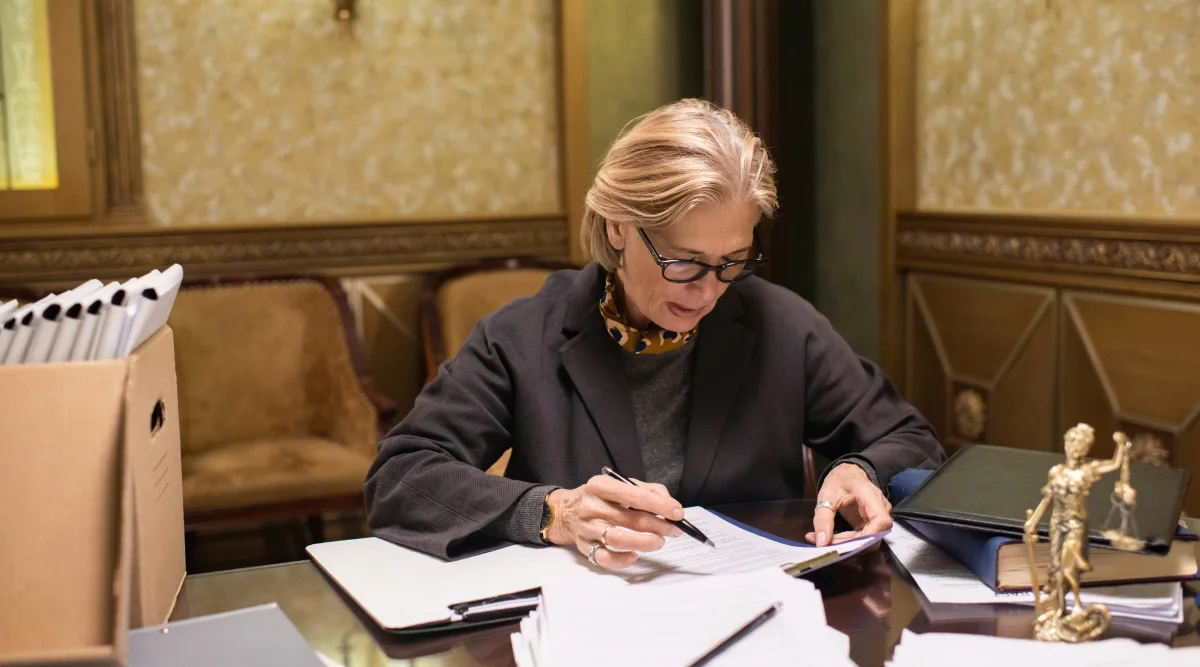A trust is a legal arrangement through which property is held by a third-party for the benefit of another party, called the beneficiary. The person who creates the trust is known as the “settlor." The settlor must transfer her property to the trust, which is then handled and administered by the trustee, or administrator, although the settlor may reserve specific powers to his or herself with respect to the trust.

Laws governing trusts vary by state, which means you might see different terms used for the parties to a trust. For instance, in some jurisdictions, “grantor," or "donor" is used instead of "settlor," but all of these terms refer to the trust creator.
Who can be a settlor?
Generally, any person 18 years of age or older and of sound mind has the requisite legal capacity to create a valid trust, although specific state requirements vary.
What is a settlor in a trust deed?
A trust deed is the document that details the trust's terms and conditions and lists the parties involved. In a trust deed, the settlor is simply the creator of the trust.
What is a settlor of a living trust?
A revocable living trust is one of the most common types of trusts used in estate planning, and the terminology used to describe parties to trusts is the same. Accordingly, the settlor of a living trust is its creator.
Can a settlor be a trustee?
Yes, the settlor of a trust may also be a trustee. A trust may also have more than one settlor and more than one trustee. This is a common arrangement, for example, when married couples create a trust together.
Can a settlor be a beneficiary?
A settlor may be a beneficiary of a trust but cannot be the sole beneficiary, otherwise there would be no purpose to having the trust in the first place. Remember: the fundamental reason for having a trust is to hold property for the benefit of another party, so if there is no other party, there's simply no sense in having a trust.

